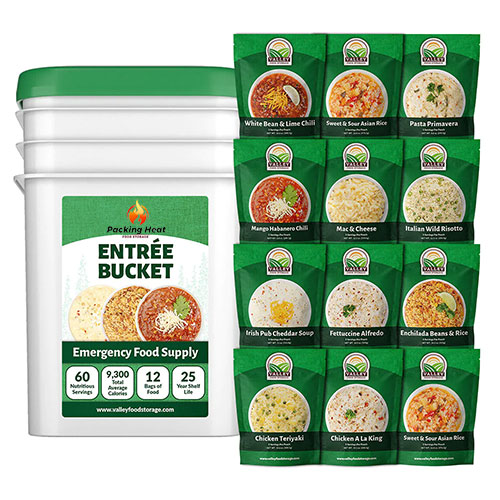“All around the world countries will be launching a campaign to “vaccinate” billions of pigs, cows, goats, and sheep over a period of nine months.
This massive task is an effort to “enhance the biosecurity system by improving animal immunity and eradicating epidemic diseases”
Unfortunately, we don’t live in a world where avoiding a toxic injection is the only threat.
Remember I said that they will get you one way or another in the conventional medical industry? The conventional food industry isn’t any different.
Go organic and know your farmers. Immediately.
Genvax Technologies Secures $6.5 Million to Advance Novel Vaccine Platform

Genvax Technologies, a startup dedicated to bringing advances in self-amplifying mRNA (saRNA) vaccine production to animal health, has secured $6.5 million in series seed funding.
United Animal Health led the financing with participation from Johnsonville Ventures, Iowa Corn Growers Association, Summit Agricultural Group and Ag Startup Engine. This investor coalition represents animal health, nutrition, feed, meat packers and consumer products in the fight against existing and emerging threats to the food supply chain.
“The threat posed to producers and consumers by foreign animal diseases like African swine fever (ASF) and constantly mutating variants of swine influenza is extraordinary,” Joel Harris, CEO and co-founder of Genvax Technologies, said in a release. “The goal is to develop a vaccine that matches 100% to the specific strain when a disease outbreak occurs.”
This funding moves the company a step forward to USDA and international regulatory approval of its vaccines in anticipation of any foreign animal disease outbreak, Genvax said in a release.
“For ASF, Genvax’s vaccine could be an important tool for eradication efforts and may alleviate any concerns with trading partners abroad. In addition, the financial and public support of multiple stakeholders like United Animal Health and others in the food industry is a huge validation of this technology’s promise,” Harris said in a release.
The company’s proprietary saRNA platform allows for rapid development of herd-specific vaccines matched 100% to the variant strain circulating in an animal-production operation. By inserting a specific transgene or “gene of interest” (GOI) matched to the variant strain into the platform, the saRNA can generate an antibody response without requiring the whole pathogen, Genvax explained.
“United Animal Health sees Genvax and self-amplifying mRNA vaccines as the cutting edge of technology to protect the industries we serve,” Scott Holmstrom, Ph.D., senior vice president, research and development of United Animal Health, said in a release. “These technologies are critical to food security and protein availability. We are excited to be offering our innovation and research farms to work carefully with Genvax in developing these future products.”
In April 2022, Genvax received more than $145,000 in grant funding from the USDA-Agricultural Research Services Plum Island Animal Disease Center and the Foundation for Food and Agriculture Research (FFAR) to develop a saRNA vaccine for ASF virus. Genvax, founded in February 2021 by animal health serial entrepreneurs Joel Harris and Hank Harris, DVM Ph.D., has raised $1.9 million in a pre-seed round of funding, the release said, in addition to the USDA and FFAR grant.
ASF is a deadly virus of pigs that can cause up to 100% mortality in pigs and could decimate the income of U.S. pork producers and force layoffs, significantly reducing rural employment. Economic models estimate the worst case scenario of an ASF outbreak in the U.S. would result in a $50 billion loss to the domestic pig industry.
“We’ve been impressed with Joel Harris and the Genvax team, in addition to the novel technology they are developing,” Kevin Ladwig, managing director of Johnsonville Ventures, said in a release. “As a stakeholder in the pork industry, we feel this is a necessary step in helping prepare for and protect against African swine fever and other emerging diseases.”
More from Farm Journal’s PORK:
![]()













